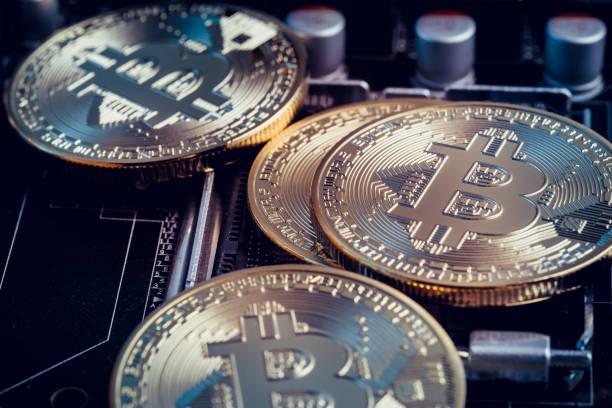- The Tokyo District Court has approved the postponement of the final execution of the rehabilitation plan for the once largest Bitcoin exchange, Mt Gox.
- So far, there are not sufficient financial resources and measures available to conduct productive discussions with all parties on the further course of the negotiations.
The once largest Bitcoin exchange, Mt. Gox, has announced in a new letter that the rehabilitation plan cannot be implemented. The victims of the exchange must therefore again wait patiently for their compensation. Nevertheless, the injured parties have again time to make claims against the exchange.
Waiting again: deadline postponed
The District Court in Tokyo has again approved the postponement of the deadline for the final preparation and execution of the rehabilitation plan. The Board of Trustees had applied to the Tokyo District Court for an extension of the deadline for submitting a rehabilitation plan. On 25 October 2019, the Tokyo District Court decided to extend the deadline for the rehabilitation plan to 31 March 2020.
Victims who have asserted claims against the exchange have been waiting a long time for movement in this case. So far, the deadlines have been postponed time and again. The minutes of a meeting of the District Court on 1 October 2019 show that many of the claims asserted still have the status of “in process”.
According to the court, the trustee Nobuaki Kobayashi even rejected the majority of the applications. It is also difficult to draw up a final draft of the recovery plan. Nevertheless, injured parties are again given the opportunity to file claims against the exchange.
The new announcement states that it is currently not possible to draw up a rehabilitation plan:
It is not possible at this moment to make appropriate provisions in a rehabilitation plan on modifications of the rights of the rehabilitation claims, repayment methods, and appropriate measures forthe undetermined rehabilitation claims, and, accordingly, it is not practically possible to have meaningful discussions with relevant parties about repayment methods.
The document further states that the court expects that further months will be needed before a meaningful, substantiated rehabilitation plan can be presented and discussions initiated. For the time being, it remains to be seen whether the creditors of the exchange intend to postpone the date even further or whether the time horizon of 31 March 2020 can be met.
The history of Mt. Gox
Mt. Gox was a cryptocurrency exchange headquartered in Tokyo and established in July 2010. In its most successful period, the exchange processed up to 70 percent of all Bitcoin transactions worldwide and was considered the market leader in the crypto industry at the time.
In 2014, the cryptocurrency market was shaken by the biggest hack in Bitcoin’s history. More than 850,000 Bitcoins were stolen, at the time, this corresponded to an amount of approximately 450 million USD. As a result, Mt. Gox closed the exchange and its own website. The company applied for bankruptcy protection for its creditors in 2014. In April of the same year, the company opened liquidation proceedings behind the exchange.
Further investigations by the security company WizSec came to the conclusion that most or almost all of the stolen Bitcoins were stolen from Mt. Gox’s Hot Wallet during the period from 2011 to the end of 2014. The trustee of the exchange invested more than $1.5 million to track missing funds and their transaction flow. As a result, more than 140,000 Bitcoins were found and secured.
However, it remains to be seen when and if a recovery plan can be presented and implemented.






